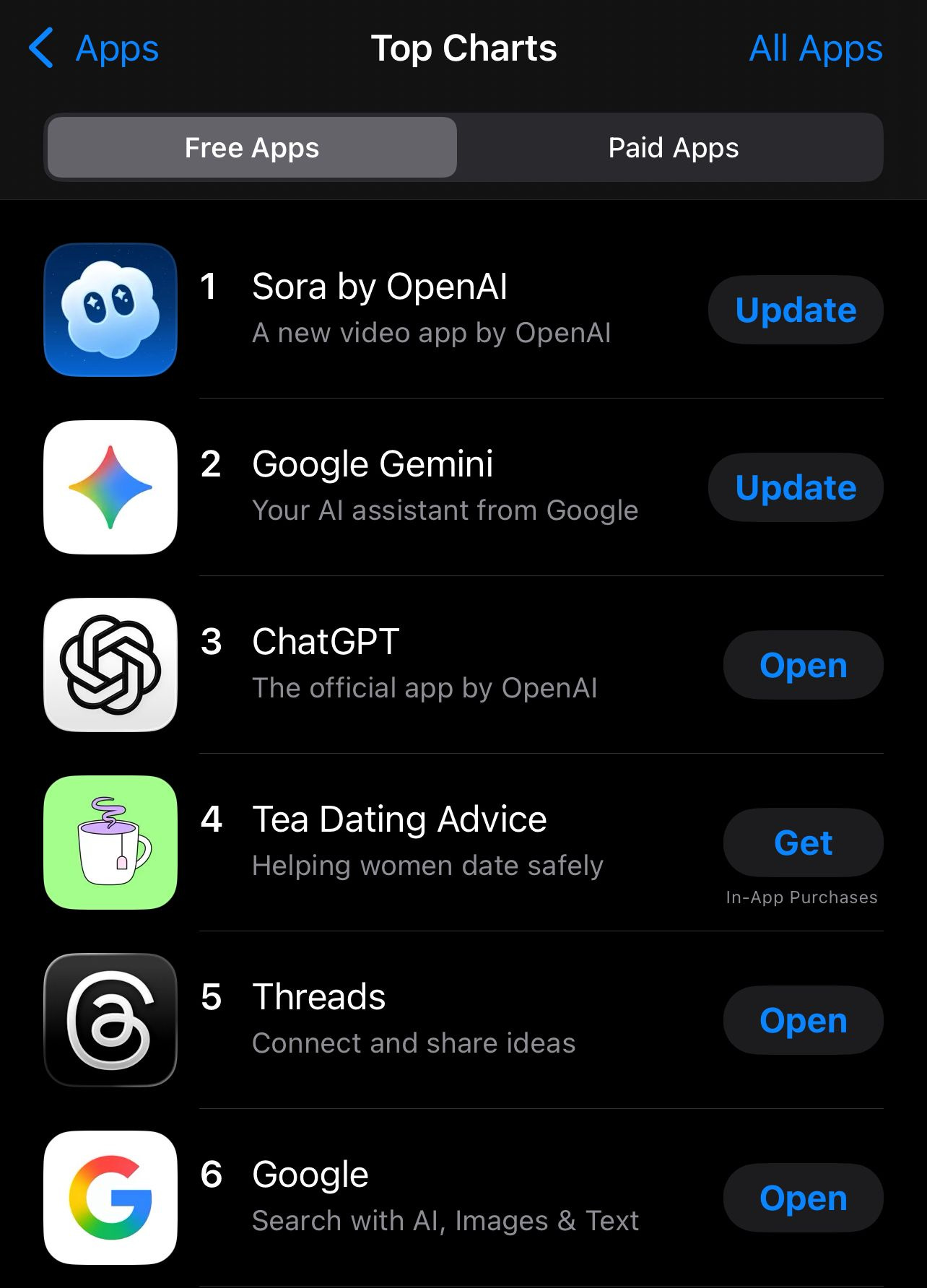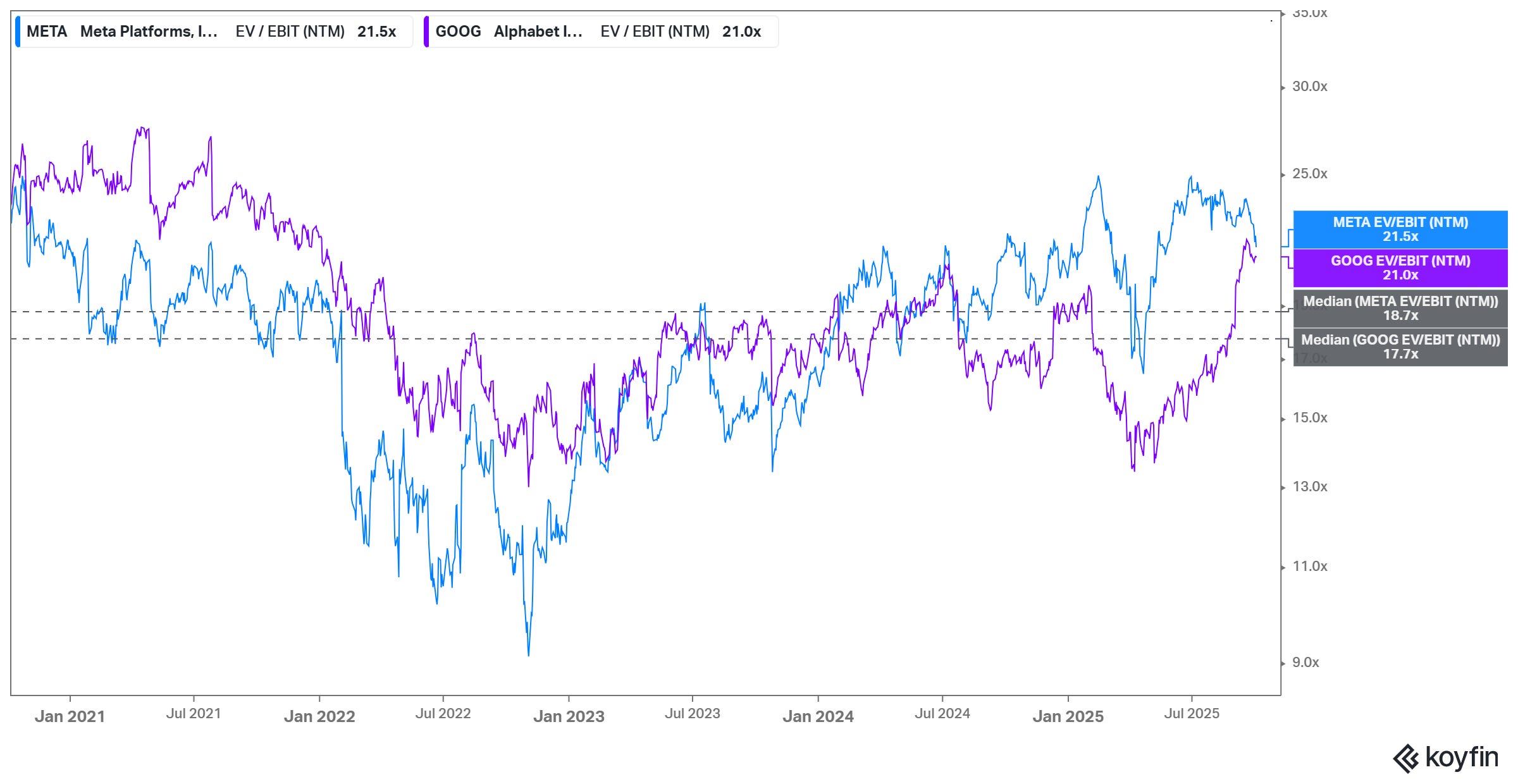OpenAI's admirable pace of iterations
I often see people admonishing Google for literally inventing the transformer architecture and yet not being able to productize it before OpenAI launched ChatGPT. We may not have to wonder about the hypothetical scenario where Google would be today if they were the ones who launched “ChatGPT” first.
Exactly a week before ChatGPT was launched as a “research preview”, Meta did unveil its LLM: Galactica. Despite launching it before OpenAI did, Meta did not enjoy any “first mover advantage”; in fact, it was widely ridiculed. You could get a glimpse of the reaction in this MIT Technology Review piece:
Like all language models, Galactica is a mindless bot that cannot tell fact from fiction. Within hours, scientists were sharing its biased and incorrect results on social media.
It’s a tantalizing idea. But suggesting that the human-like text such models generate will always contain trustworthy information, as Meta appeared to do in its promotion of Galactica, is reckless and irresponsible. It was an unforced error.
Galactica survived three days before Meta decided to shut it down. Four days later, ChatGPT was launched. ChatGPT too had plenty of hallucinations even when Bing integrated ChatGPT three months later.
In retrospect, it clearly was a mistake by Meta to shut Galactica down. They should have ridden through the vitriol by resetting people’s expectations about the model’s capability. It is rarely the case that big incumbents are completely blindsided by a new technology’s capability, rather it is their lack of imagination to build a product out of new technology that is often the real reason for their downfall. In a recent “Cheeky Pint” episode, Marc Andreessen explained this recurring theme:
…the other twist on the big company failing thing, which I think is really underrated, is the big companies that fail, the way the story gets written is they never figured it out. And the easy example of this is always Kodak for example, they never figured out digital photography. Well, you often find in the backstory is no, they actually figured it out and they did it too soon. Kodak had actually a very active digital camera program.
Yahoo had mobile early. Yahoo was all over mobile between 2002 and 2006. And then they got burned so hard on it that by the time the iPhone appeared it was too late.
quite frankly, I think a lot of the tech you mentioned the big tech companies, a lot of the big tech companies, they had internet fully deployed internally. They had TCP/ IP products. They actually knew it quite well. They were running it. It just was something that they were very used to that they didn’t really think about in any way.
ChatGPT’s success was a surprise to everyone, including OpenAI and Microsoft. However, it wasn’t the ChatGPT launch itself that I found most impressive about OpenAI. Once OpenAI became the “accidental consumer tech company”, what I have found the most admirable about the company is their elevated pace of iteration. After the initial product market fit with ChatGPT’s launch, they have consistently set the pace for the entire industry, and the rest of the companies have mostly played catch up for the last three years.
OpenAI was also the first to launch reasoning models which was certainly an accelerant for me personally to be increasingly less concerned about hallucinations. Their studio Ghibli moment was another viral reminder for most people about ChatGPT’s use cases beyond just seeking information. And now with Sora 2 launch, OpenAI maintained its hot streaks as despite being an invite only app, it has reached the top spot in the App Store.

The original ChatGPT launch may have been an “accidental” success, but you cannot evoke luck too many times to explain a recurring phenomenon. Even though they have lost plenty of marquee talent over the last three years, OpenAI still has their magic. For most public market investors, Sam Altman and consequently OpenAI have been polarizing topics, but I don’t think it should be controversial to admire how the company navigated the last three years to still stay ahead of some of the most well funded incumbents in the history of capitalism.
Like the Galactica launch, Meta was again ahead of OpenAI in launching its own AI generated video content feed named “Vibes” on Meta AI app. Again, they were lambasted by almost everyone (excluding Ben Thompson) for launching “AI Slop”, only to find people looking for invite codes for Sora 2 a couple of days later.
I don’t quite participate in people’s hysteria around short-form video or “AI Slops”, but it didn’t take me too long to understand “Vibes” is likely to be doomed not because of people’s aversion to “AI Slops” but because it’s just a bad product. As if it were already not quite apparent, Sora 2 made it painfully clear to Meta what a good product sense can deliver for many people to rave about “AI slops”.
At least, Meta hasn’t shut down “Vibes” yet and perhaps they will fast follow OpenAI soon. But it can be hard to find the same charm when you’re just copying others, and unlike Instagram copying from TikTok or Snap, “Meta AI” app doesn’t have the distribution to compensate for being laggard. What is perhaps more likely is “Sora 2” like feature will be embedded in IG DM, WhatsApp, or Messenger to allow users have fun with this in their existing chat groups. That’s been my experience so far; we mostly exchanged sora videos in our existing DM groups instead of opening a new DM group on Sora app.
However, it may be challenging to embed a Sora-like feed on Meta’s existing scaled distribution. While people seem to have strong opinions about “AI slops” vs “human slops” today, my weakly held opinion is in the long run, people won’t care much about such differences and what will ultimately matter is the quality of the content regardless of how it was created. If I find something funny, I wouldn’t stop laughing just because AI made it.
Reels feed already have plenty of AI generated content and while some seem to have some aversion to such content, algorithm will and can easily respond to such preferences. However, if it’s just another instance of the dichotomy between revealed vs stated preferences, AI generated videos increasingly will have greater presence in people’s existing feed. Remember, we already are in a content glut; so the more durable “product” may just be the algorithm itself.
While Sora’s success is unlikely to be a harbinger of doom for Meta, it is nonetheless a concern just how badly the company has been fumbling in AI in recent months. They are coattailing on their existing distribution moat a bit, but their execution muscle has been lacking in some of the recent events/launches. Google does seem to have found some of its mojo back, thanks to its own viral moment related to Nanobanana. Even though Meta stock has experienced a 10% drawdown, market still seems to acknowledge that AI remains largely a boon for Meta.

Interestingly, OpenAI also seems to be moving faster this time to monetize their viral moment. Unlike human generated content, the marginal cost of these AI generated content is not zero. Sam Altman yesterday hinted at moving to monetization very soon:
we are going to have to somehow make money for video generation. People are generating much more than we expected per user, and a lot of videos are being generated for very small audiences.
Given the “feed” on any app can be exceptionally conducive for ads, we may see OpenAI launch ads in Sora soon. It’s also interesting that Sora is only available on iPhones so far. While that is another recognition of the power of iOS ecosystem, it also made me wonder that when OpenAI launches its own hardware, they may make some features exclusive only for their hardware for the first few weeks/months. And if they can maintain their hot streaks of coming up with new product iterations, that may directly influence their hardware sales.
A friend recently told me that every big tech company will eventually have their OpenAI scare moment. Google has already experienced it and has been dealing with it, and Meta is probably in the early stage of that similar process. Perhaps Apple is next when OpenAI launches their hardware.
No matter what your opinion is about Sam Altman or OpenAI, there is something admirable about a company with ~5-10% of employees of all of these big tech companies legitimately creating a sense of fear for their respective empire!
In addition to “Daily Dose” (yes, DAILY) like this, MBI Deep Dives publishes one Deep Dive on a publicly listed company every month. You can find all the 63 Deep Dives here.
Current Portfolio:
Please note that these are NOT my recommendation to buy/sell these securities, but just disclosure from my end so that you can assess potential biases that I may have because of my own personal portfolio holdings. Always consider my write-up my personal investing journal and never forget my objectives, risk tolerance, and constraints may have no resemblance to yours.
My current portfolio is disclosed below: